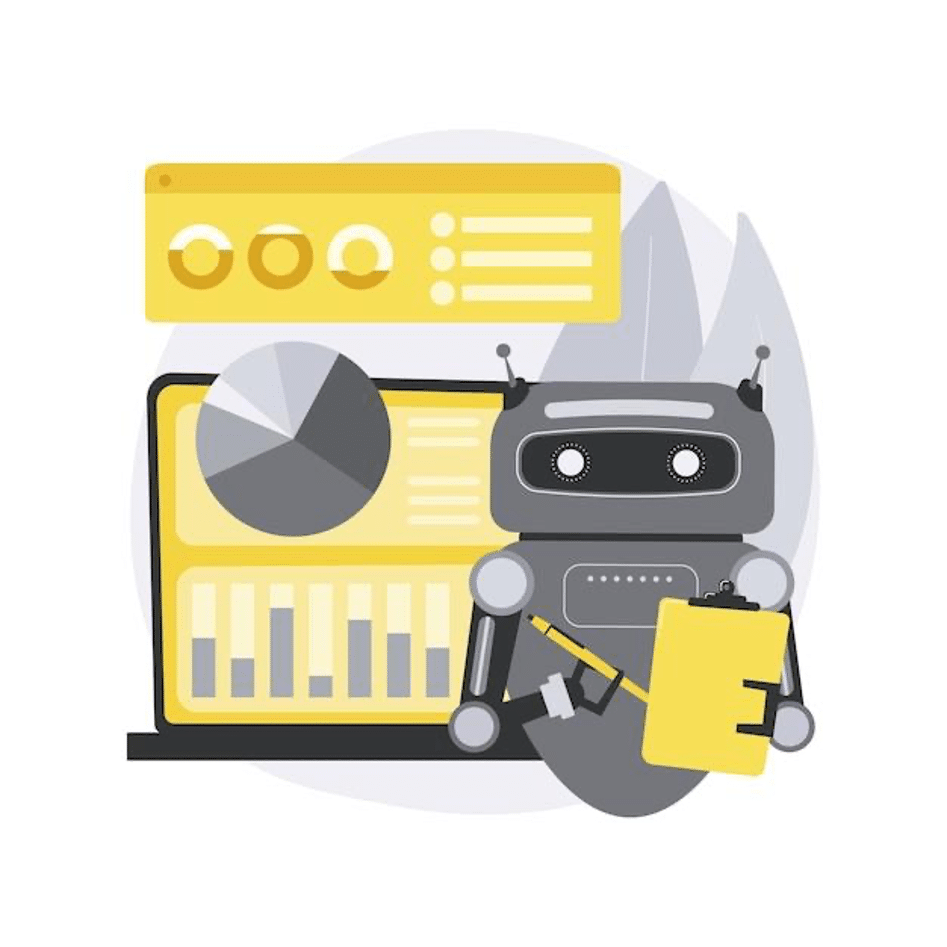people are turning to digital options like the Albert budgeting app for smarter, quicker, and more accurate financial planning. Traditional methods can’t keep up with rising expenses, complex bills, and multiple income sources.
Using spreadsheets or notebooks makes it harder to track spending or avoid processing errors. On the other hand, automation simplifies every step—from creating a payment schedule to meeting savings targets. This blog explores why automation quickly replaces manual budgeting and why that shift is essential for smarter money management.
Why Automation Is Outpacing Manual Budgeting
Manual budgeting often means juggling spreadsheets, logging purchases by hand, and constantly recalculating numbers. It’s slow, draining, and prone to human error. Most people either forget to enter data or give up halfway due to the overwhelming learning curve. According to a study by Tiller Money, 60% of spreadsheet users stop using them after the first month.
Finance automation flips that script completely. With automated tools like Albert, all your bank accounts, credit cards, and investing accounts can be linked into one place. Once connected, you get real-time data, instant budget breakdowns, and accurate suggestions for improving cash flow and reducing overspending. Every transaction is tracked without manual data entry.
The Shift From Paper to Powerful Digital Tools
Spreadsheets served their purpose for years, but times have changed. Today’s digital tools provide instant insights, easy syncing with bank feeds, and tailored alerts based on actual spending patterns. This kind of automation was once available only to companies with complex finance operations—now, it’s available to anyone with a smartphone.
The best part is how easy these tools have become. With online budgeting tools, the average user doesn’t need any finance background to set a financial plan, analyze monthly income, or detect recurring invoices. A few taps can help create budgets, flag processing errors, and even remind you of upcoming payments.
Automation Helps Avoid Common Financial Pitfalls
Let’s face it — mistakes happen. A misplaced decimal, skipped journal entry, or forgotten bill can destroy your budget. With automated budgeting tools, these problems almost disappear. Since every transaction is tracked automatically, there’s no room for human error.
Many tools also have alerts for low balances, missed payments, or upcoming due dates. This reduces overdraft fees and helps you avoid unnecessary credit card interest. For instance, Albert can scan your account for recurring charges and suggest ways to reduce spending or cancel unused subscriptions.
Smart Features That Adapt to Your Life
One primary reason manual methods don’t work anymore is that they aren’t flexible. Life changes fast. New jobs, surprise expenses, or changed income patterns all affect how we budget. An app like Albert adjusts automatically.
It learns from your spending patterns, tracks your take-home pay, and adjusts your budget based on your short-term goals, savings targets, and larger big-picture goals. It even accounts for direct deposit schedules and transfers funds to savings based on what’s safe and possible. This makes it easier to save money without stressing over numbers every day.
Speed and Accuracy
Companies and individuals embrace finance process automation for convenience, speed, and accuracy. Finance leaders now rely on automation solutions to handle financial process data with less human intervention. The same logic applies to personal budgeting tools and their users.
Tasks that used to take hours — like organizing accounts receivable, managing purchase orders, or creating budgeting process reports — now happen in minutes. AI-powered tools process thousands of transactions and deliver real-time summaries. So, instead of being a point person lost in a pile of receipts, users can now make informed decisions quickly.
The Rise of Robotic Process Automation in Finance
RPA is now becoming a standard across many tools. It mimics human actions like copying data, sending reminders, or sorting entries, but it does it much faster and consistently.
For example, users might have income from one account, bills scattered across platforms, and recurring charges linked to multiple services. With RPA, this is automatically sorted, categorized, and processed. Even your net worth can be calculated with minimal effort using real-time inputs.
Less Stress, More Control
Manual budgeting isn’t just time-consuming — it’s stressful. Constantly checking balances, adding receipts, or missing payment dates can cause anxiety. Automation changes that.
Users who don’t have to think about every cent can focus on setting meaningful financial data goals, building savings, or growing their investment accounts. Having a reliable system brings peace of mind, especially during times of financial pressure or when transitioning to a new job.

How Automation Supports Long-Term Financial Growth
Planning for retirement, handling credit card debt, and improving overall personal financial health require consistency. That’s hard to achieve manually. But automated tools offer that consistency.
With Albert, users can have a savings account grow in the background, schedule transfers, and even receive free money in the form of employer match reminders. The automation supports not just budgeting but also long-term wealth-building with less effort.
Manual Budgeting vs. Automated Tools
| Feature | Manual Budgeting | Automated Tools (Albert & others) |
| Time Spent Weekly | 2-4 hours | 15–20 minutes |
| Risk of Error | High | Very Low |
| Real-Time Updates | No | Yes |
| Tracks Recurring Charges | Manually | Automatic |
| Smart Recommendations | No | Yes |
| Custom Alerts & Reminders | Limited | Available |
| Sync with Multiple Accounts | Not Easily | Instantly |
| Adapts to Changing Income | Requires Reworking | Automatic |
| Supports Goal-Based Planning | Manual Input Needed | Built-in |
| Helpful for Beginners | Harder to Learn | Easy with a low learning curve |
Final Words
Manual budgeting still has a place for some, but automated processes are the future. With capital budgeting analysis tools like Albert, people can focus on financial progress instead of paperwork. This personal finance tool for budgeting is faster, more accurate, and makes money management easier for everyone. Start using budgeting apps to grow your finances today!
FAQs
How does finance automation reduce stress in budgeting?
Finance automation handles repetitive tasks like data entry and alerts, reducing the mental load and making users feel more controlled without constantly checking numbers.
Is finance automation suitable for people with irregular income?
Yes, the best budgeting tools can adapt to changes in income and adjust budgets accordingly, helping users plan smarter even when paychecks vary each month.
